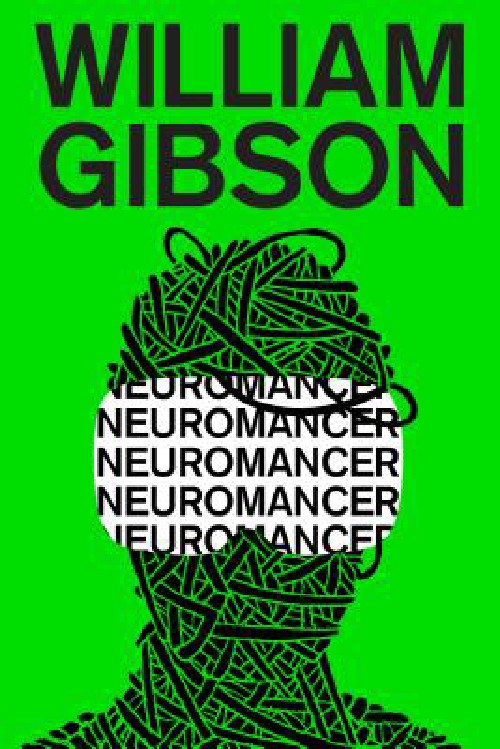Highlights from Canada as a Conserver Society, by Science Council of Canada
A 1977 report imagining how the Canadian economy could be reimagined to conserve resources rather than treat them as unlimited stores.
The diagnosis is uncertain: we do not know how much of our social malaise, or our economic anxieties, are contingent on high, perhaps unnecessarily high, throughput, high rate of change, or - like the case of the biological ecosystem - are the result of pursuing particular purposes and expectations without understanding their indirec~ consequences. We do not, at this point, know how many of our societal problems can be attributed to the way technologies are designed and organized, and how many will require changes in attitudes, expectations or social structures. (p 10, 11)
To what extent are we ensuring that future Canadians will inherit complete natural ecologies in operating conditions? (p 19)
We have only to remember our present concern regarding the probable effects on the ozone layer in the upper atmosphere 30 to 50 years hence of fluorocarbon aerosols used today to realize that continuing to discount the future (waiting for economic effects to show in the market before we act) cannot be regarded as responsible behaviour. Particularly is this so when we possess the technical and scientific knowledge to foresee the consequences of our acts with reasonable certainty. A conserver society will act as responsible steward, to make sure to the best of available knowledge that present actions are not setting consequences in train that will impose serious costs on our descendants. A conserver society will also be a “smart” society, taking advantage of new opportunities in science and technology to find new ways of doing things that will hold for the long term, rather than escalating one expensive short-term solution on top of another. Above all,a conserver society will conserve, to gain maneuvering room to keep options open, rather than being driven, by one supply crisis after another, to desperate solutions that box us in for many decades.(p 24, 25)
Part of the problem is the success of industrialization. Our capital intensive, high technology system has created a situation of potential abundance. In the dynamic drive to industrialize, however, little thought was given to resource limits, waste, environmental impacts, or to the availability of energy over the longer term. We are not certain of the extent to which our present industrial structure (including agriculture) has been built up by, and is dependent on, low-cost petroleum (as well as on ignoring those other factors) and therefore we cannot be Sure in how many respects it has to change to be sustainable in the future. (p 26, 27)
To assume that the resource problem will solve itself will only create problems in those areas where we now are blessed with abundance - in the ability to produce goods and services of all types. (p 27)
The “more” and the “less” need to be interpreted in a total system sense. It will be to no avail if the re-designed automobile engine travels more miles to the dollar, but at the cost of high pollution. The conserver view is to broaden the constituency: we must aim at total social efficiency and best use of resources, keeping in mind the broader needs of present and future Canadians. We tend to deceive ourselves when the costs of our actions are indirect, or return to us (or to others) by roundabout paths. Apparent economies can turn out to generate extra work and waste that imposes on everyone. (p 29)
Once we realize how we can do more with less, the wastefulness of the other path becomes plainer to see. To continue to follow the wasteful path will lead to a society in which costs of resources will continually rise, energy will become .increasingly scarce, and environ ment will deteriorate. Incomes may continue to rise, but taxes (to cover all the indirect costs) may rise even faster. People will find their lives increasingly busy, trying to keep up; the enjoyment of life or the quality of life may actually decline. (p 30)
A society both expresses itself and structures itself by the tech nology it uses. When a decentralizing social trend runs up against a technological trend that is inherently centralizing, or seen to be central izing, feelings of alienation, loss of freedom, and abdication of respon sibility may be the result. Responsible agencies should try to make sure that their systems are designed with sufficient diversity and respon siveness and that control is sufficiently dispersed that these desires and needs are taken into account and given room for expression. (p 34)
A central thrust of the conserver approach is to promote techno socio-economic processes that are in principle sustainable. From this follows a preference for obtaining our energy ultimately from “renewable” sources, and for methods of food production that do not “mine” the soil. Not only do we look to the biosphere for these self renewing productive processes, but we depend on it to assimilate, store, and digest the various waste effluents of industrial civilization. The consequences have been recently surfacing to make us more and more aware that for decades we have been releasing new chemical molecules into our environment at a rate that has far exceeded our knowledge of their potential effects. (p 36)
The ecological balances in the biosphere are the culmination of millions of years of evolution. They represent a highly ordered state or a state of low entropy.> even though the nature of the order is not always obvious to us. With increasing knowledge of ecology comes increasing respect for the subtle feedbacks and interdependences, the checks and balances - and potential instabilities - of the living systems of the earth. If a living species is rendered extinct, or a finely adjusted ecological system destroyed, it is irreplaceable - even given inexhaustible energy supplies: All the king’s horses, and all the king’s men, Couldn’t put Humpty Dumpty together again. Since these features are not valued in our usual economics, we need to be constantly vigilant against automatically yielding wherever eco nomic or market arguments seem to push. The heritage of the living biosphere is one of the things a conserver society will most seek to conserve.



